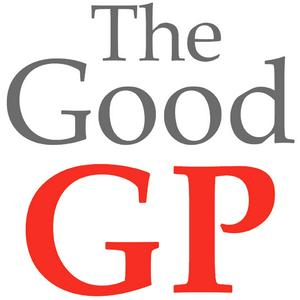In this episode of This Could Save Your Life Podcast, hosts Dr Catherine Bourke and Dr Anna Mullins provide an overview of preconception care, and the key considerations for GPs when supporting patients who are planning a pregnancy.
Key discussion points include:
Initial Assessment: Consider age, reproductive history, and duration of attempts to conceive. Referral for fertility investigation recommended for women over 35 trying for 6 months, or any age trying for 12 months, or women aged 40+.
Review of Medical History: Assess chronic conditions: diabetes, hypertension, cardiovascular disease, epilepsy (and medication management), thyroid disease, polycystic ovarian syndrome, and asthma.
Medication Management: Identify and remove teratogenic medications prior to conception (e.g., isotretinoin, some weight loss medications). Recognise medications that are safe/necessary during pregnancy (such as inhalers for asthma).
Dietary Advice: Encourage a balanced diet rich in vegetables, lean meats, fruits, grains, nuts, and dairy; minimise processed foods.
Alcohol Consumption: Advise abstinence from alcohol in the period of actively trying to conceive and during early pregnancy.
Lifestyle Modification: Smoking cessation strongly recommended for both partners to improve fertility and prevent harm to the fetus and child.
Pre-Pregnancy Investigations: Which include routine tests: full blood count, iron studies, electrolytes, liver and kidney function. Check immunity to rubella and varicella; advise vaccination if necessary before pregnancy.
Consultation Advice: Recommending dedicated, extended preconception consultations to address medical, lifestyle, and individual patient factors.
Links & Resources:
For information about listeria is: https://www.betterhealth.vic.gov.au/health/healthyliving/food-poisoning-listeria
For information about fragile x: https://www.cdc.gov/fragile-x-syndrome/index.html
This Could Save Your Life Podcast is under The Good GP podcast, a proud member of the Talking HealthTech Podcast Network - the premier audio destination for cutting-edge insights and thought leadership in healthcare delivery, innovation, digital health, healthcare ICT, and commercialisation. Learn more at www.talkinghealthtech.com/podcast/network
If you have any questions or would like to contact The Good GP, send an email to
[email protected]. Visit www.thegoodgp.com.au for previous episodes and more information. You can also find us on our instagram page: @thegoodgppodcast. Follow us for more updates!


